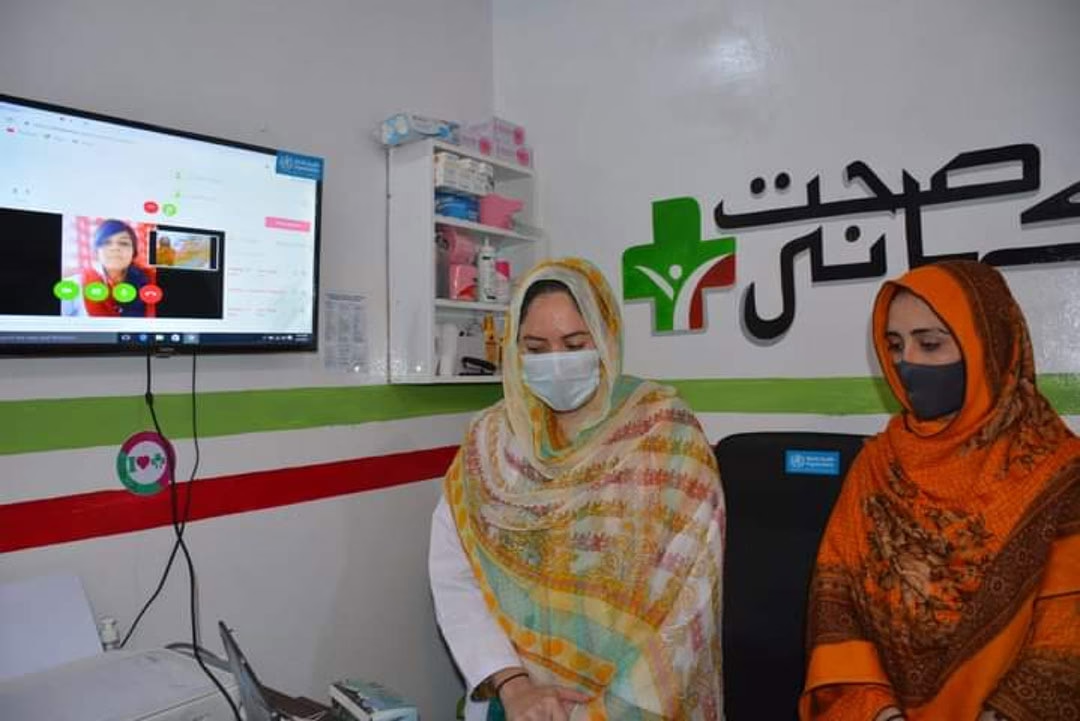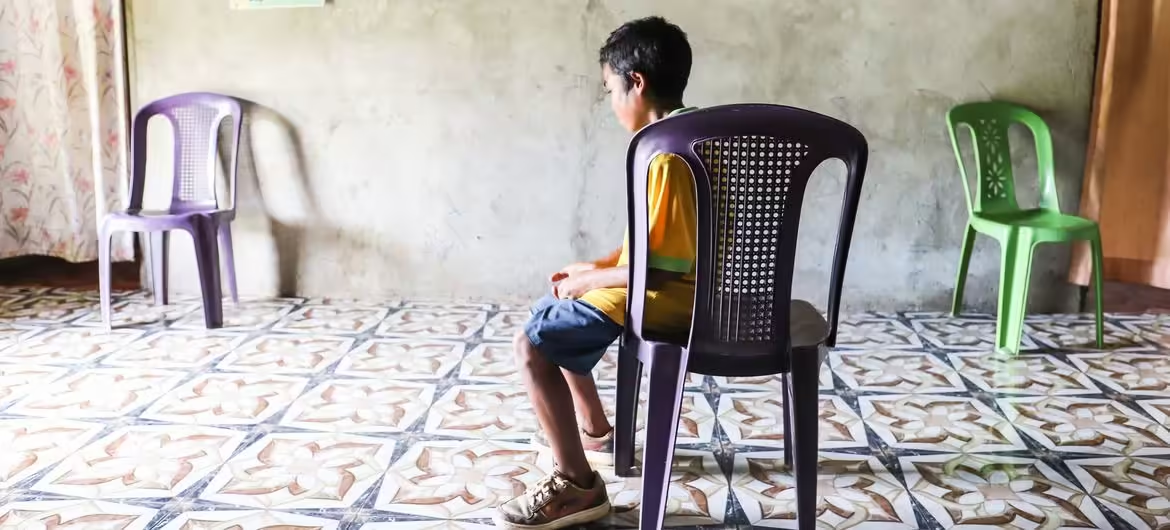Pakistan’s Dow University of Health Sciences (DUHS) and EDUCAST, a health and education tech platform, have launched an ambitious telemedicine initiative designed to help revitalize the careers of female doctors who have been inactive in the medical field. The project, funded by the Islamic Development Bank, aims to address a national issue of underemployment among licensed female doctors in Pakistan.
The eDoctor program, first launched in 2018, was created to tackle the challenge of a significant number of female doctors leaving the workforce due to social, familial, or logistical barriers. According to a Gallup Pakistan survey in 2023, 35% of female doctors in Pakistan are unemployed, which has resulted in an estimated loss of Rs. 35 billion to the public exchequer.
Program Success and Expansion
The first phase of the program was a success, training and reactivating over 1,500 female doctors across 27 countries through a self-paced, digitally-enabled certification program in partnership with institutions such as Germany’s Lecturio and Stanford University’s Digital Medic platform.
The new phase, Doctor 2.0, which launched this week, aims to provide advanced online certifications in clinical practice and telemedicine. The initiative will also offer hands-on clinical observation at partner clinics, access to AI-powered virtual clinics through smartphones, and integration into national health programs such as ElderCare, polio eradication, maternal and child health (MCH) support, and rural telehealth initiatives.
Empowering Women in Healthcare
Professor Dr. Jehan Ara Hassan, Acting Vice Chancellor of DUHS, emphasized that Doctor 2.0 is not just a training program but a movement to empower Pakistani women doctors through technology. She noted that the initiative provides them with the tools to reclaim their profession and contribute to the healthcare system.
The project is also poised to become a global model for female-led, AI-powered digital health. The plan includes exporting the model to conflict-affected and underserved countries through partnerships with humanitarian agencies.
Abdullah Butt, CEO of EDUCAST, described the initiative as embodying the future of resilient and inclusive healthcare. EDUCAST has been the digital backbone of this transformative project, which has had a significant impact on healthcare delivery in various regions.
Past Impact and Future Potential
The eDoctor project has already made a difference in various regions:
- During the COVID-19 pandemic, it managed over 500,000 patients through a home care program in Sindh.
- It has offered teleconsultation services in Afghanistan, facilitating cancer care and maternal health.
- In Yemen, it provided digital health support in areas with limited access to on-ground healthcare services.
- The program has also played a crucial role in emergency responses, such as mobilizing tele-triage during Pakistan’s floods and supporting senior citizens through Pakistan’s first elderly home healthcare platform, BRIDGE.
With Doctor 2.0, DUHS and EDUCAST are continuing their mission to leverage technology to enhance healthcare access and empower female doctors, making a lasting impact on global health systems.



